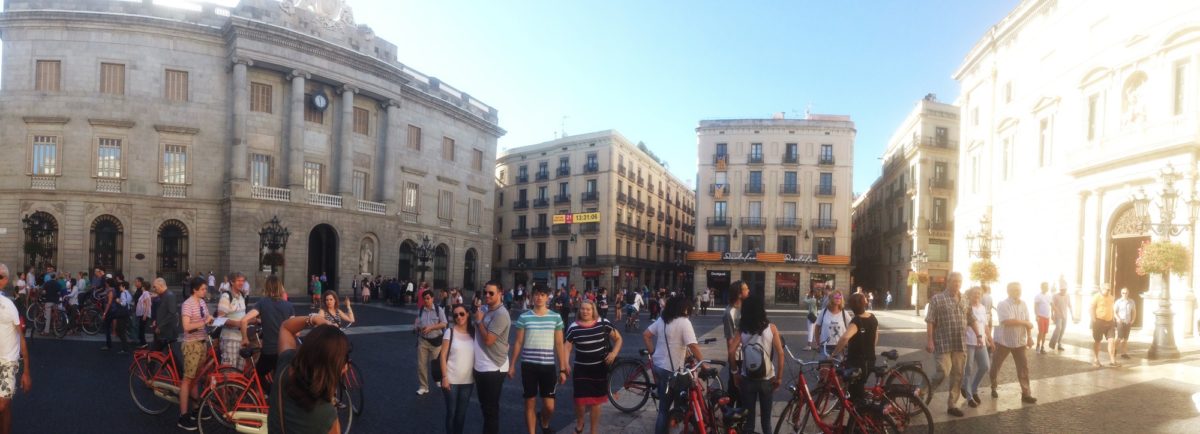(Part 1)
5/ The vastness of Twitter is what gives this the scope of a whole reality. A Facebook or Slack group or email list seems closed in comparison, a direct digital analogy of a forum or group meeting. Twitter seems like whole new worlds.
6/ Imagining hundreds of such alternative realities is heartening. This was already true – it’s what we speak of when we speak of VC Twitter, Crypto Twitter, Infosec Twitter. We are now seeing this more evenly distributed.
Twitter is an extraordinary phenomenon, the closest we have to an internet within the Internet. It’s smaller than other social networks, a fraction of Facebook’s size, but its easy publish-subscribe nature gives it a limitless feel that no other comes close to. Twitter’s natural velocity is also faster than, say, Facebook or Instagram. It’s not quite a messaging app, but you don’t see the equivalent of tweet-storms on other networks.
This openness and quickness is a big contributor to multiple subcultures coexisting on the same fabric, and you can plug yourself into any number of them. In its early days Twitter described itself as a giant world-wide town square. It still remains that, and because it’s virtual, you can participate in many simultaneous gatherings in that square, ambiently aware of innumerable such conversations around you. It’s a testament to Twitter’s versatility that it can feel like a vast open space and an echo chamber at the same time.
7/ I think that’s why there’s such pressure on Twitter from its most ardent users for tools to combat trolls and abuse. It’s to keep out those who impinge on their reality.
Social media gets flak for encouraging escape for the real world. This is in fact the Internet’s biggest benefit. Usenet, a precursor of bulletin boards, was among the Internet’s earliest use-cases. When you participated in different usenet groups with their own argot, inside jokes and community cultures, you plugged yourself into alternative realities. The more open the group the faster it grows and at some point generates its own culture. But that same openness leaves it open to interference from what it considers outsiders. It’s easier online than in real life to hijack discussions, brigade entire threads, disrupt a whole group.
How do groups counter this? Groups have moderators, empowered in some manner to enforce conduct that’s been agreed upon. Disrupters can be banned, words and topics can censored, threads can be locked, accounts can be limited to posting only a certain number of messages every hour. With active moderation, the work required to consistently disrupt a group often dwarfs the hoped-for benefit. The group fights off the infection and lives another day. This is how Reddit works.
But Twitter isn’t a group. Consequently, there are no moderators but Twitter itself. This leaves Twitter uniquely vulnerable to harassment, abuse, hate speech, stalking. Because people can retweet with a single tap, the effects of the already devastating act of doxxing – publishing someone’s real-life details like house address, person phone number, children’s names – are magnified. The effects of these are a topic by themselves. But consider the context in which we’re discussing this:
Twitter’s a place where people can be their own selves in an open environment – this combination is what makes it an alternative world. If this world has intruders like above, it’s the equivalent of being accosted by those people in a cafe or a park bench or walking down the street. Because you’re not in a digital bar, there are no bouncers to throw the offending party out. It’s a public space, and police are – until recently – absent.
(Part 3)

